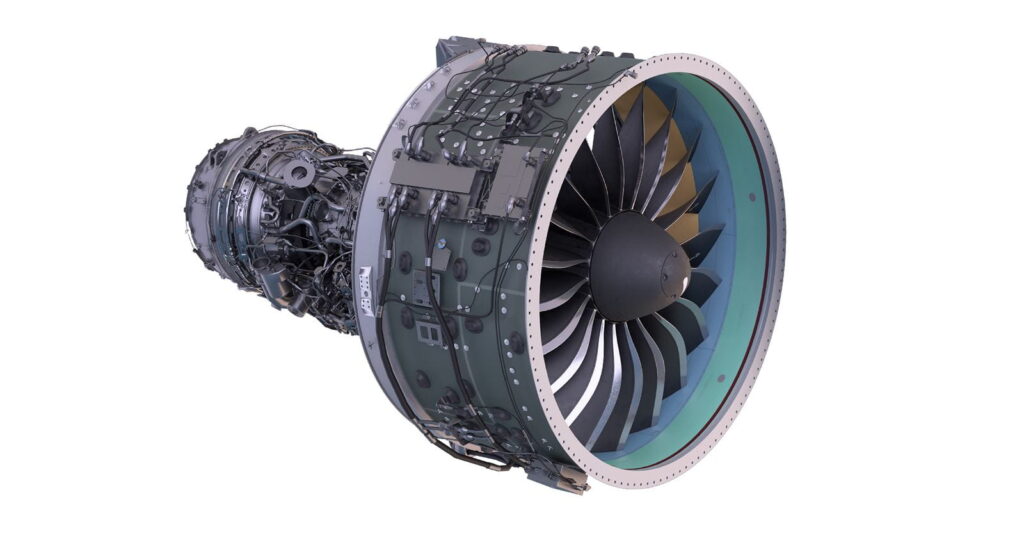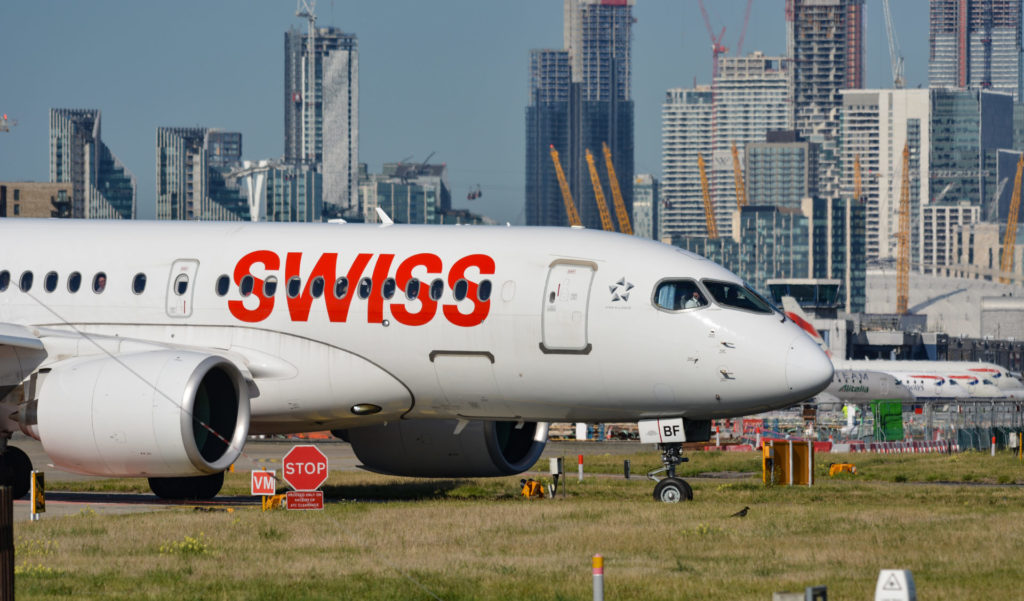In an unprecedented transfer, quite a few airliners are retiring Airbus A220 plane which can be just some years previous. This surprising pattern is basically the results of ongoing points with the plane’s Pratt & Whitney geared turbofan (GTF) engines, an issue that has led to main operational and monetary complications for quite a few carriers.
The Airbus A220 was initially hailed as a revolutionary plane for regional and short-haul routes. Its state-of-the-art, “clean-sheet” design promised a large 25% discount in working prices per seat and a considerably quieter, extra comfy flying expertise for passengers. Nonetheless, for some operators, the fact has been a logistical nightmare.
Probably the most outstanding case is that of EgyptAir. The Egyptian flag provider ordered 12 A220s, a purchase order that demonstrated vital religion within the new jet. Nonetheless, the airline’s expertise with the plane was removed from easy. EgyptAir confronted mounting operational difficulties as a consequence of persistent engine points, forcing it to make use of older, much less environment friendly plane to cowl routes supposed for the A220s. This led to ballooning upkeep prices and reputational injury from flight delays and cancellations.

The core of the issue lies in a producing defect with the Pratt & Whitney PW1500G engines, the unique powerplant for the A220. A recall was issued as a consequence of a selected situation: contaminated powdered metallic utilized in key elements, which may result in untimely put on and cracking. Whereas a standard engine can be anticipated to final for hundreds of cycles earlier than main upkeep, a number of the A220’s engines had been requiring consideration after barely 1,000 cycles.
For airways, the results have been extreme. A major variety of A220s have been grounded for prolonged durations, disrupting schedules and incurring substantial monetary losses. Pratt & Whitney’s upkeep community is underneath immense pressure, and airways are going through turnaround instances of as much as 300 days for engine overhauls. This scarcity of serviceable engines and spare elements has created a determined state of affairs for some operators.
Confronted with this disaster, EgyptAir in the end determined to promote its whole fleet of 12 A220s in early 2024 to a leasing firm, Azorra. The sale value of round $300 million was a stark distinction to the preliminary checklist value of greater than $1 billion. In a telling signal of the instances, at the least one in every of these younger plane has already been dismantled for elements. The economics of “parting out” a jet make excellent sense when its elements, corresponding to a serviceable engine, develop into extra priceless than the plane itself as a consequence of a extreme provide chain disaster.

Different airways have additionally felt the pressure. French provider Air Austral and Iraqi Airways have each opted to withdraw their A220 fleets, whereas operators like Air Baltic and Air Tanzania have additionally been hit by the engine woes. Whereas main operators like Delta Air Traces and JetBlue proceed to fly the A220, the widespread engine issues are a big setback for the programme.
The choice by some carriers to desert an plane sort so early in its life cycle serves as a stark warning to the trade. It highlights the crucial significance of engine reliability and underscores the dangers of a single-supplier engine mannequin. The A220 is a promising plane, however till the problems with its engines are resolved, its future in some fleets will stay unsure.
Uncover extra from UK Aviation Information
Subscribe to get the most recent posts despatched to your e mail.





